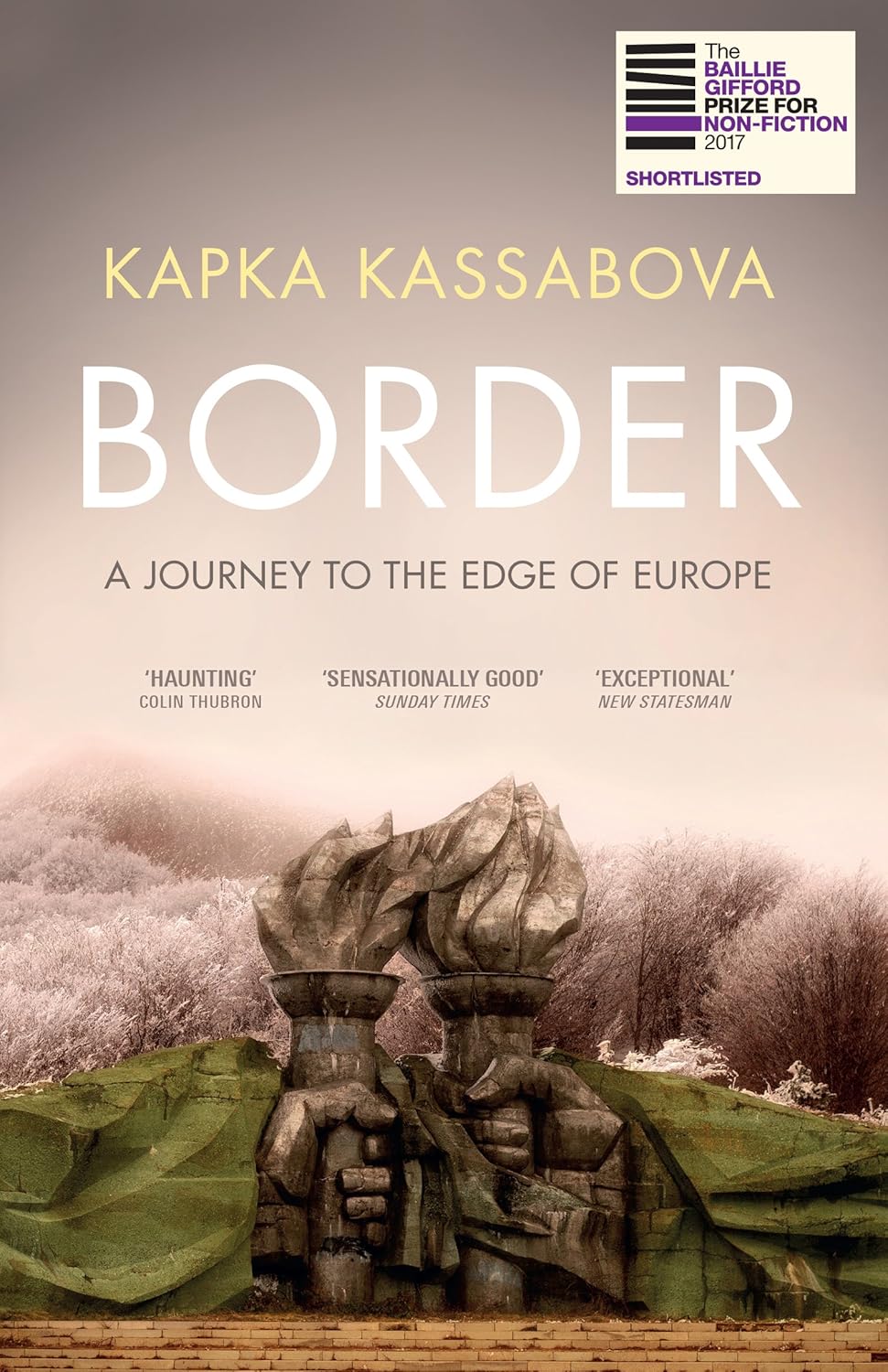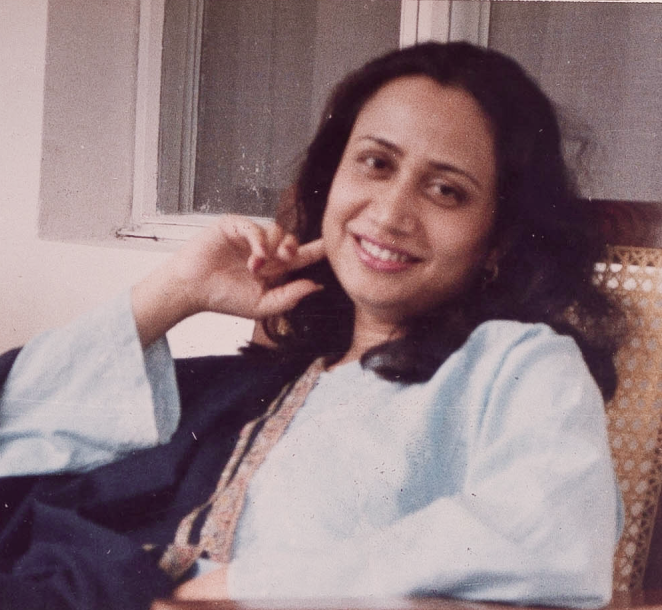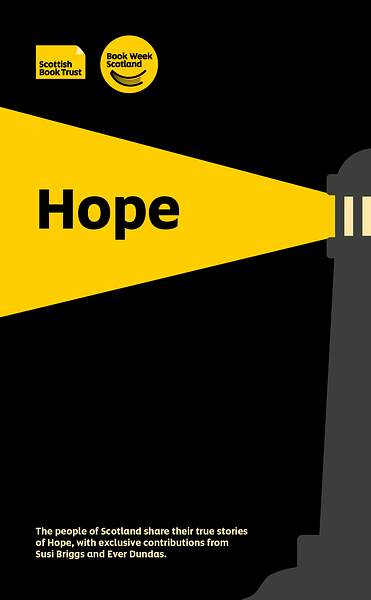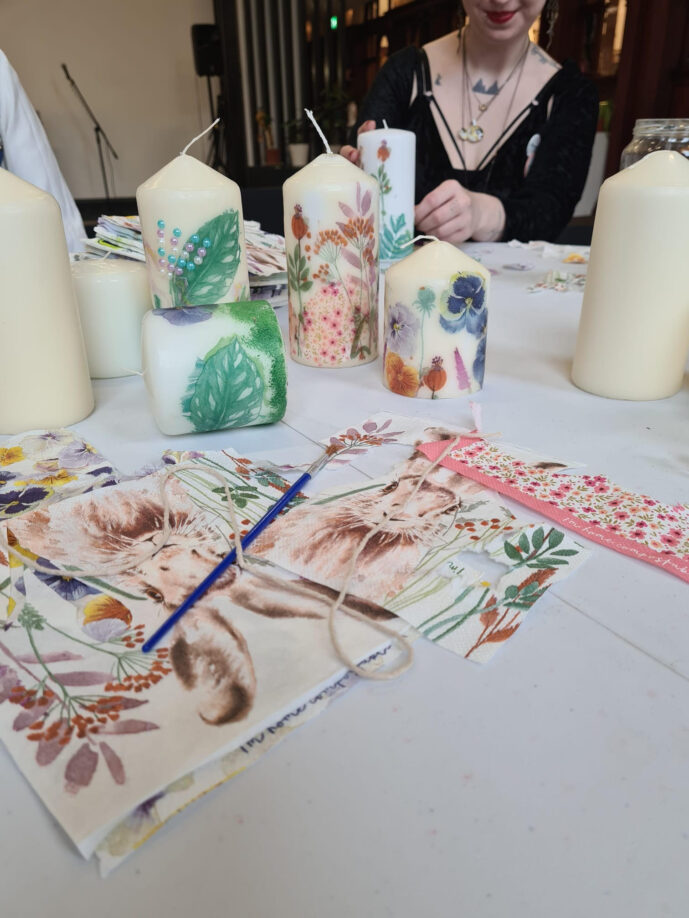Go down in history with this free workshop which looks into the GWL’s LGBTQ archiving work, the importance of preserving LGBTQ history and how we want our histories to be treated.
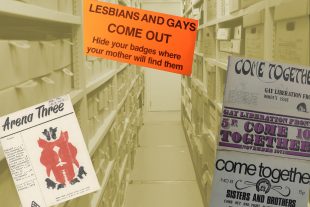
February is LGBT History Month in Scotland and Glasgow Women’s Library is holding a variety of events. This one in particular looks at how archiving – preserving and researching primary sources of history – is vital to recording the history of LGBTQ people.
Glasgow Women’s Library has for the last twenty-one years been the home of the Lesbian Archive, originally known as the Lesbian Archive and Information Centre. Originally created in 1985 in London the archive has grown to become one of the most significant collections of LGBTQ history in the UK. The contents range from the 1920s to present day and the archive continues to expand and develop. Every item is donated and the range of contents spans letters, magazines, badges, t shirts, books and many other wonderful artefacts.
The collection lost funding in 1995 as the political climate became impossible to sustain it and a new home was needed. Glasgow Women’s Library was awarded it as they were most able to make it accessible to the public. The archive is vast and an ongoing project has been developed to list and research each item so that they may continue to be accessible and that we continue to learn from this vast and precious resource.
So why is this all so important? Why is preserving artefacts, cataloguing them and researching them so vital?
The preservation of history is part of how we connect to our own personal identities, as well as to a wider community. When a marginalised group – like LGBTQ people – have so much false information, hate and ignorance to fight through, having a well understood and researched history as a foundation is so important. Erasure of LGBTQ people in general from history and individual letters from their own collective history is an ongoing problem that must be rectified, one primary source at a time. People must have access to their own stories and they must have the resources and platform to tell their stories as well. LGBTQ history isn’t taught in schools, is often written out of larger historical events or is reinterpreted by non LGBTQ scholars and historians. Instead wrong and dangerous beliefs (like, for instance that LGBTQ identities are a modern invention and are invalid or unnatural) continue to thrive. The achievements of LGBTQ people are either ignored or the sexualities and gender identities of acclaimed people are downplayed or erased. Look, for instance, at the erasure of the contributions to art and history of a person like the artist Claude Cahun whose work occupies a massive space in the Surrealist and Dadaist art movement, who actively resisted and sabotaged the Nazi occupation of Guernsey, and who died shortly after the second world war as a result of being held in a POW camp.
For history to be preserved and protected, archives are vital. Undeniable proof and connections allow us to reach back in time to really see events and people as they truly were, without the prejudice of secondary interpretations.
The workshop will be discussion and activity based – a non-academic and open space where anyone of any background is welcome to come and have their voice heard. It will showcase a new toolkit developed by the library Lesbian Archive Project worker and GWL volunteers and will discuss both the importance of preserving LGBTQ history and whether or not the issues and values that are encapsulated within the items are still relevant for LGBTQ people today. The workshop is there to provide an easily accessible way to research and learn from the archives and give your opinion about how LGBTQ history should be treated and protected going forward.
This workshop is one of many events for LGBT History Month Scotland, which takes place across Scotland for the month of February. With the aim of celebrating LGBT history and the contributions of LGBT people throughout the years, various organisations hold film nights, talks, discussions, quiz nights and fun celebrations all over the country. The project was developed by LGBT Youth Scotland, the largest LGBT youth and community organisation in Scotland. They aim to connect LGBT people, help them be comfortable in their identities, speak up on issues that matter to them and gain access to a safe and welcoming education.
The Activists Make Archives Workshop is on the 25th of February from 1.00-3.00 pm.
For more information about the event and for other events that Glasgow Women’s Library are holding for LGBT History Month please visit this link.

